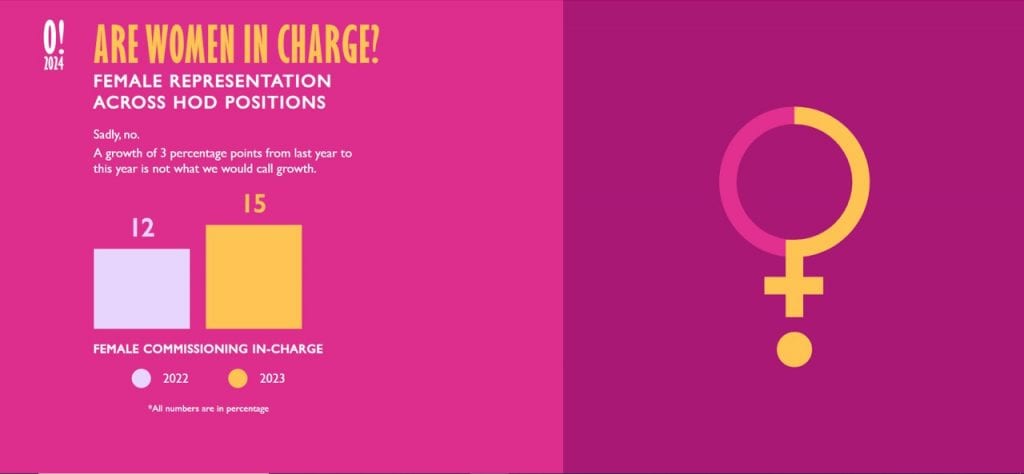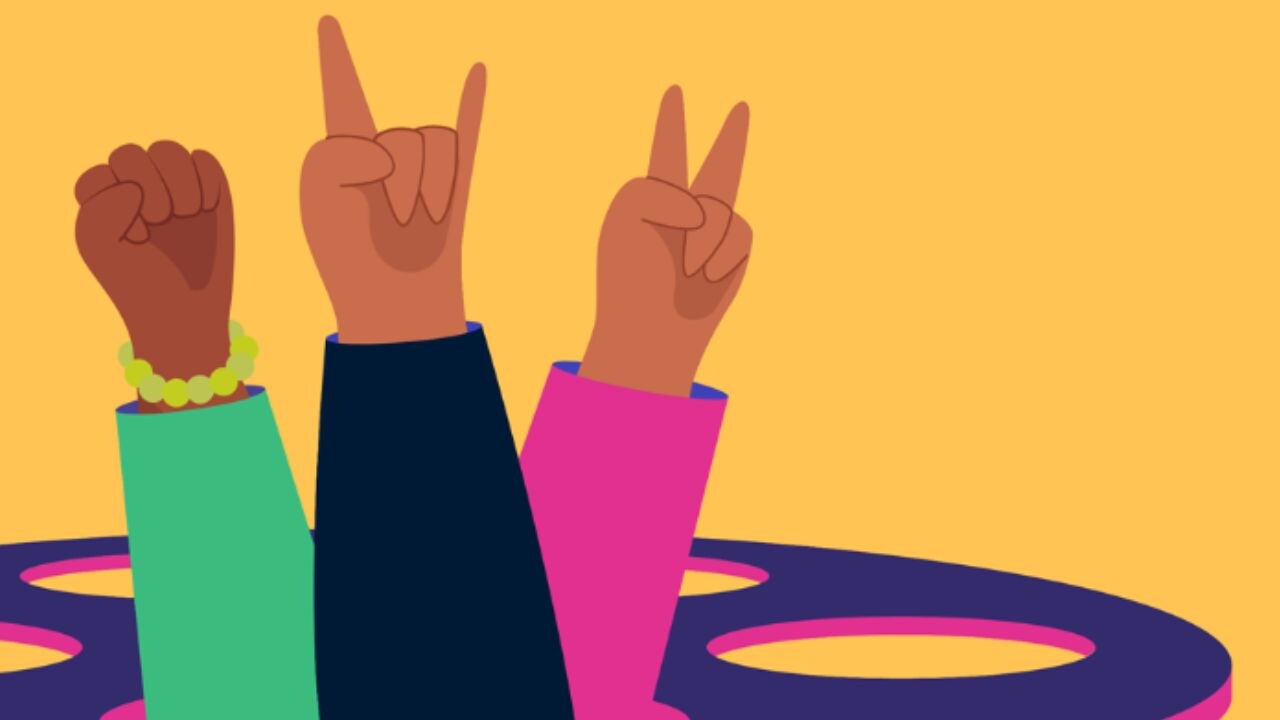To understand how deep gender disparity runs in the Indian entertainment industry, consulting firm Ormax Media along with Film Companion Studios and Prime Video analysed 144 directors and CXO positions across 25 top media and entertainment companies.
Unfortunately, women representation in the higher corporate positions had reduced by 1% in the last one year, the research revealed.
The study ‘O Womaniya!’ said there were 13% of the female commissioning in-charge in 2023, which has reduced to 12% in 2024.
This year, the report analysed 169 films and series released in 2023 in nine Indian languages (Hindi, Tamil, Telugu, Malayalam, Kannada, Marathi, Punjabi, Bengali, and Gujarati), across streaming and theatrical.
Representation at the top level is crucial to understand because of the systemic nature of gender equality in the industry. When the table is shared with unrepresented voices and communities, one sees shift in the content that is produced in the country.
The report also noted that only 15% of the HOD positions analysed across key departments of direction, cinematography, editing, writing, and production design, were held by women.

Streaming had a significant contribution to this, with both streaming films and series having over 20% of HOD positions helmed by women.
Editing took the lead amongst departments with over 18% of films and movies, mostly on streaming, having female editors.
The report institutionalised a new test ‘Gender Equality Toolkit’ this year to measure female representation in content, and also enable filmmakers to apply the test and eliminate biases early on in the content creation cycle.
The test checks whether women in a film or series have agency, and are drivers of their own stories or are just accessories to driving the male point of view in storytelling.
Only 31% of the titles analysed passed the Gender Equality Toolkit test, with streaming series taking the lead with 45% of them passing the test.
The report also revealed that more stories pass the test when there is a female commissioning-in-charge, as 48% of the titles that passed the test were commissioned by women. The report also deployed the more traditional Bechdel Test to analyse content to reveal almost half the titles falling short on this test as well.
Further, the report also noted that women still have only 29% talk time in trailers.
Though it has increased in the past two years, growth remains marginal, with streaming films showcasing the highest propensity to allocate more talk time to women in promotional trailers.
Of the titles analysed, Made in Heaven Season 2 (Hindi), Boo (Telugu), Jhimma 2 (Marathi), Taali (Hindi), Rainbow Rishta (Hindi), Wedding.con (Hindi), Sweet Kaaram Coffee (Tamil), Saas Bahu Aur Flamingo (Hindi), and Jaane Jaan (Hindi) were some of the films and series to feature high in the list.
“At Prime Video, we firmly believe that Diversity, Equity, and Inclusion (DEI) is not just good to have — it is essential to driving meaningful change. We have worked intentionally and persistently to build a diverse, inclusive, and equitable ecosystem, creating more opportunities for women, both in production and within our organisation. In a collaborative industry such as ours, the true impact of DEI can only be realised when it is embraced across the board, with each of us committing to fostering an environment where women are seen, heard, and truly valued,” said Stuti Ramachandra, Director & Head of Production, International Originals, Prime Video, India.
Speaking about the report, Anupama Chopra, Film Critic and Producer said, “The entertainment industry is under greater scrutiny than ever before. With every step forward and every gap left uncovered, stakeholders are reflecting on how they can drive meaningful change.”
